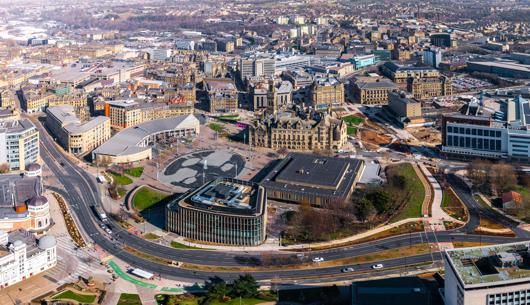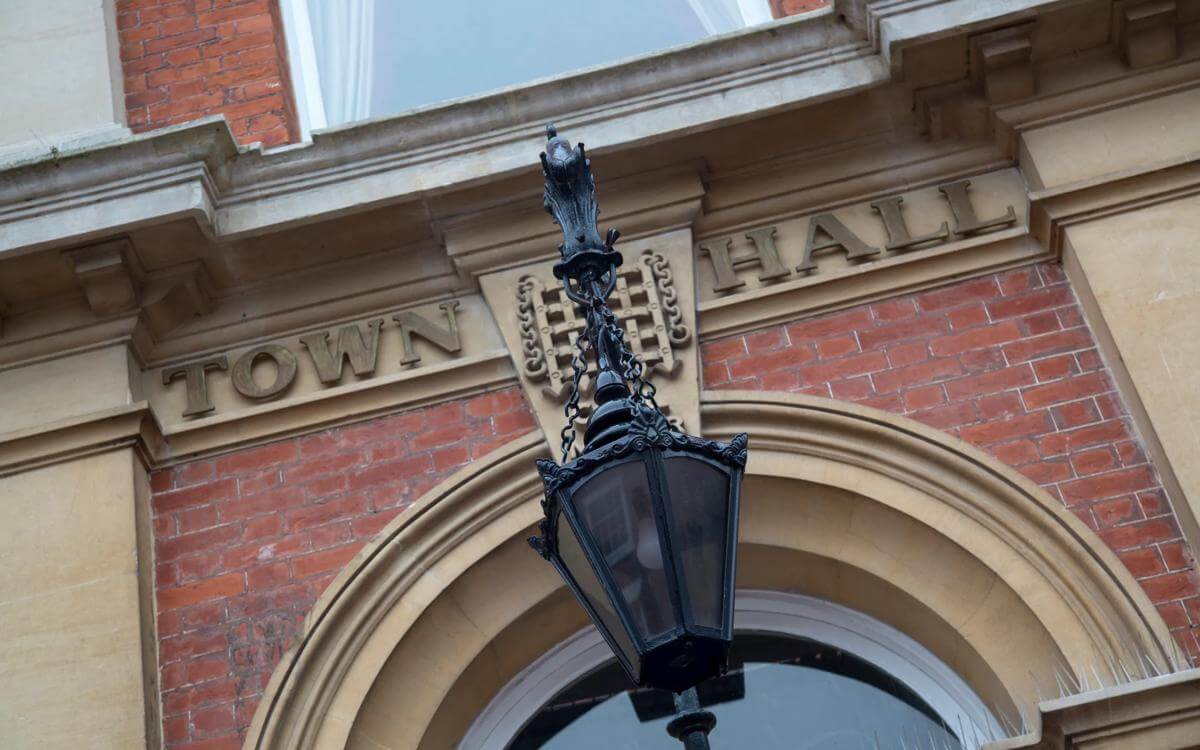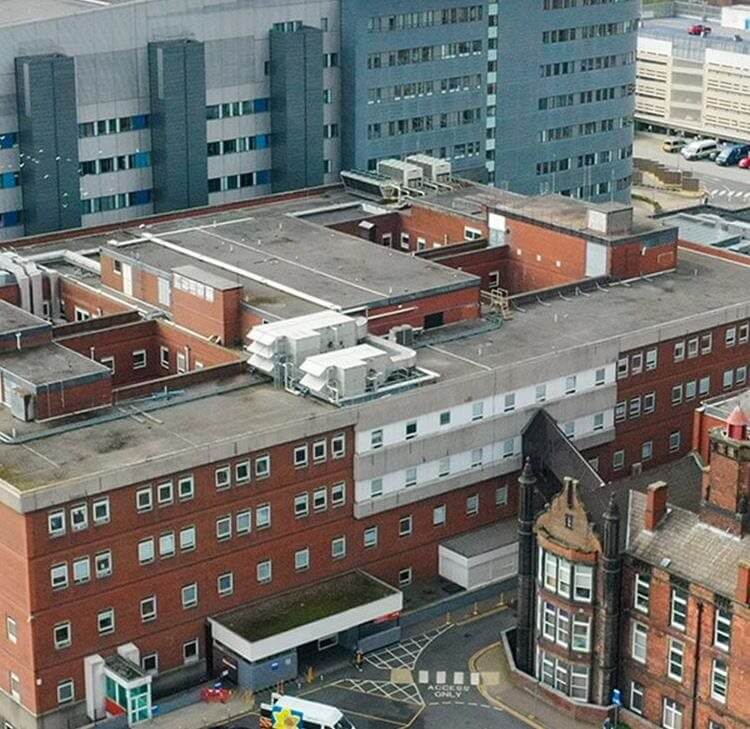A rollout of 250 neighbourhood health centres will be financed by public-private partnerships (PPPs), the government has announced.
The new “one stop shops” for community-based healthcare will bring together GPs, nurses, dentists and pharmacists under one roof.
These will be part of a Neighbourhood Health Service to provide end-to-end care and tailored support, a concept announced in the 10 Year Health Plan.
Ahead of the Budget, Health Minister Karin Smyth confirmed that neighbourhood health centres will be built via a combination of PPPs and public investment.
The government said this approach will “bring together infrastructure expertise from different sectors to deliver new facilities on time and on budget”.
Carly Caton, partner in commercial health at UK and Ireland law firm Browne Jacobson, said: “Leveraging private finance to build 250 neighbourhood health centres – earmarked as a central plank in the government’s 10 Year Health Plan to shift healthcare from hospitals to communities – is a wise move at a time of fiscal restraint.
“Public-private partnerships can help to speed up the delivery of new social infrastructure projects while bringing down costs to the taxpayer and sharing risk between commercial parties and contracting authorities.
“PPP programmes work well when there is a consistent pipeline of projects that allows the private sector partners to deliver economies of scale with some certainty. Bringing forward a significant number of community health centres will help to attract those private sector partners to the table.
“However, there are important lessons to be learned from previous PPP programmes, including PFI and PF2. These had perceived drawbacks such as high transactional fees, long procurements, lack of flexibility and poor-value risk transfer, which will be important to address for the NHS to benefit.”
Contact

Dan Robinson
PR & Communications Manager
Dan.Robinson@brownejacobson.com
+44 0330 045 1072









































